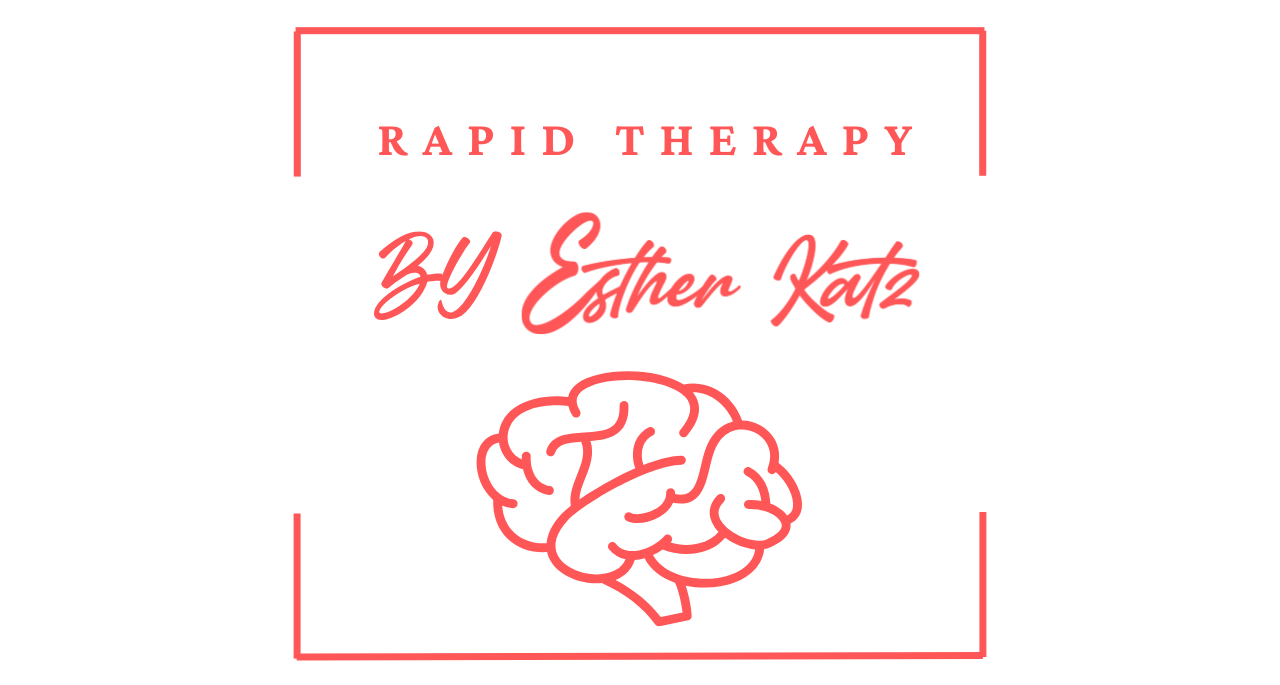Chronic illness, particularly autoimmune diseases, can create a trauma response in the body and mind. Unlike acute trauma, which is often linked to sudden, life-threatening events, chronic illnesses involve long-term physical and emotional stress that gradually builds into a traumatic experience. Here’s how chronic illness, including autoimmune conditions, leads to trauma responses in the brain and body:
- Ongoing Uncertainty and Lack of Control
Chronic illnesses, especially autoimmune diseases, often come with unpredictable symptoms and flare-ups. Patients frequently experience a sense of uncertainty about their health, never knowing when their condition will worsen. This constant state of unpredictability triggers the amygdala, the brain’s fear center, causing hypervigilance and a chronic stress response similar to what is seen in trauma survivors. Over time, this results in the body being stuck in a state of fight-or-flight, even when no immediate danger is present.
This lack of control can mirror the helplessness people feel during traumatic events, leading to long-term emotional exhaustion and a heightened sense of vulnerability. In autoimmune conditions, where the body turns against itself, this lack of internal safety can feel like an ongoing betrayal by one’s own body, intensifying the trauma response.

- Chronic Pain and Physical Discomfort
Pain is a key factor in creating trauma. In the case of chronic illnesses, such as rheumatoid arthritis, lupus, or fibromyalgia, the body experiences persistent pain. The brain responds to chronic pain much like it does to traumatic experiences, leading to structural and functional changes in key areas like the prefrontal cortex (responsible for regulating emotions) and the hippocampus (involved in memory). This can lead to emotional dysregulation, difficulty processing memories, and an overactive fear response.
The ongoing physical discomfort disrupts the body’s stress response systems, leading to heightened levels of cortisol (the stress hormone), which can exacerbate both physical and mental health issues. The brain begins to associate the body’s internal state with danger, reinforcing a trauma response each time symptoms flare up.
- Isolation and Impact on Relationships
Chronic illnesses often lead to social isolation, as patients may withdraw from social activities due to fatigue, pain, or fear of judgment. Over time, this can compound feelings of loneliness, reinforcing the trauma response. The isolation itself can feel traumatic, as individuals may lose their support networks, struggle with feelings of abandonment, and experience a diminished sense of belonging.
Moreover, autoimmune conditions, which can sometimes be “invisible” to others, may result in people feeling invalidated or misunderstood. This invalidation can lead to emotional trauma, as the individual feels they are constantly battling an illness no one else sees or truly understands.

- Medical Trauma and Loss of Agency
Living with a chronic illness involves frequent medical appointments, invasive procedures, and the possibility of misdiagnoses or treatment failures. These repeated medical experiences can create feelings of powerlessness and lack of agency, which are key features of trauma. In particular, autoimmune patients may face long journeys to diagnosis, often being dismissed by healthcare providers or told that their symptoms are “all in their head.” This experience can be deeply traumatizing, leading to feelings of mistrust toward the medical system and a heightened sense of vulnerability.
For some, the repeated exposure to medical interventions, particularly those that involve pain or invasive procedures, creates a type of medical trauma. Each visit or procedure can become a trigger, similar to how traumatic events become encoded in the brain, leading to heightened stress, anxiety, and fear.
- Impact on the Nervous System: A Constant State of Hyperarousal
Chronic illness keeps the nervous system in a constant state of hyperarousal. The body is continually dealing with internal stressors (pain, inflammation, and other symptoms), causing the sympathetic nervous system (responsible for fight-or-flight responses) to remain active. This constant activation can wear down the body’s capacity to return to a state of rest, leading to chronic fatigue, heightened anxiety, and a reduced ability to cope with external stressors.
In autoimmune diseases, where the immune system attacks the body, there is also a chronic internal stress that keeps the hypothalamic-pituitary-adrenal (HPA) axis overactive. This can cause further hormonal imbalances, exacerbating both physical and emotional symptoms. Over time, this chronic stress can lead to burnout, emotional numbing, and a sense of disconnection from one’s own body—a hallmark of trauma.

- Psychological Toll: Grief, Anxiety, and Depression
The psychological toll of chronic illness can be immense. Patients may grieve the loss of their former selves—the ability to engage in activities, work, or social interactions as they once did. This grief, coupled with the anxiety of managing an unpredictable condition and the reality of lifelong treatment, can mimic the emotional fallout from trauma.
Many patients with autoimmune diseases experience depression, a common comorbidity of chronic illness. The constant cycle of hope and disappointment (due to fluctuating symptoms or treatment failures) can create a sense of learned helplessness, where patients feel powerless to change their situation. This psychological wear and tear reinforces trauma-like responses, keeping individuals trapped in a state of mental and emotional distress.
Breaking the Cycle: Neuroplasticity and Trauma Recovery
The good news is that trauma responses, even those caused by chronic illness, can be healed. The brain has the ability to rewire itself through neuroplasticity, and with the right therapeutic interventions, it is possible to reduce the impact of trauma, calm the nervous system, and create healthier emotional patterns.

Take the First Step Toward Healing with Esther Katz
If you are struggling with the trauma responses triggered by chronic illness, there is hope for healing. Esther Katz, an expert in Rapid Transformational Therapy (RTT), offers a unique approach that addresses both the emotional and physiological impacts of chronic illness. Using neuroplasticity techniques, Esther can help you retrain your brain to manage stress, reduce the trauma response, and regain a sense of control over your life.
Reach out to Esther Katz today to start your journey toward healing. With her support, you can break free from the emotional toll of chronic illness, rebuild your resilience, and find peace within yourself.



